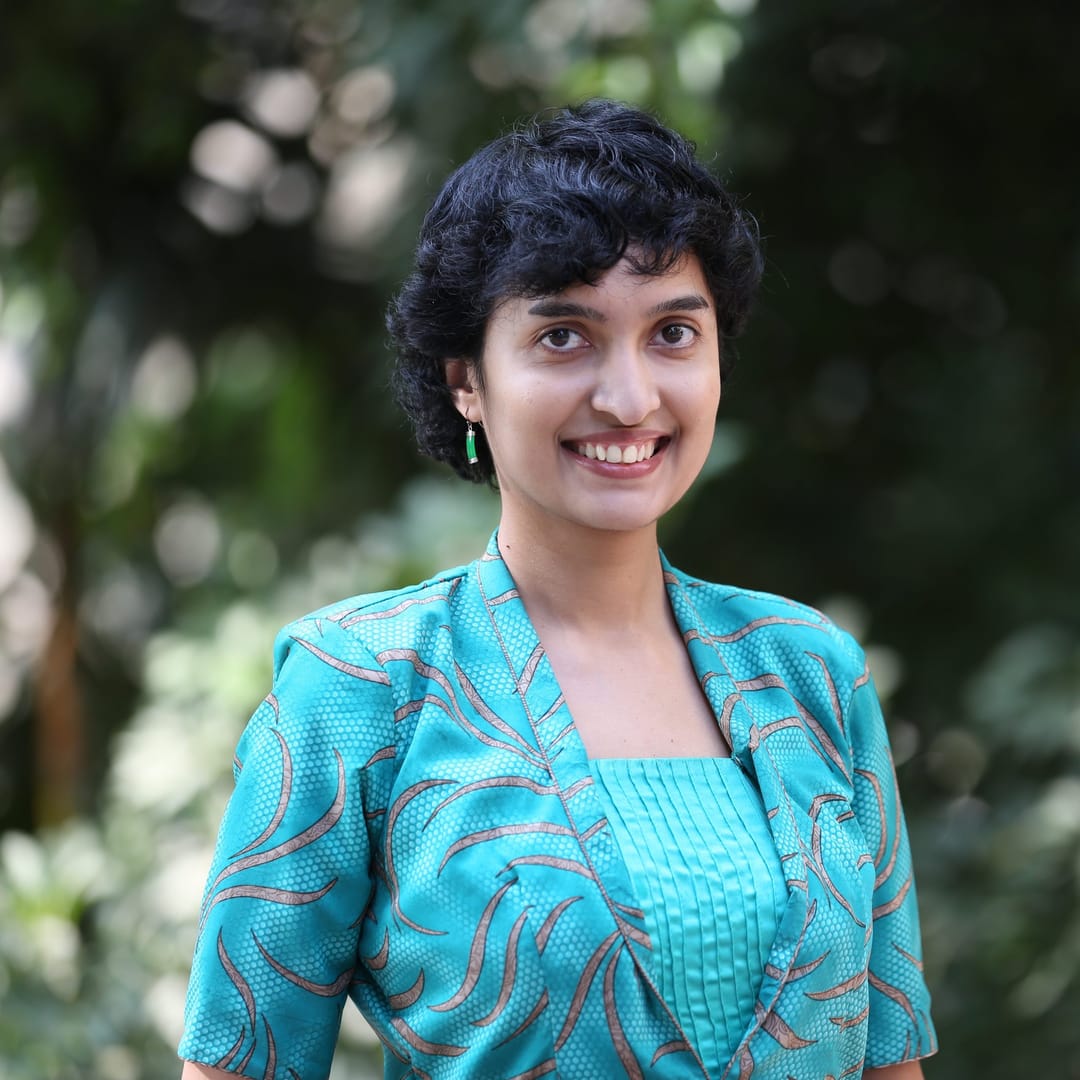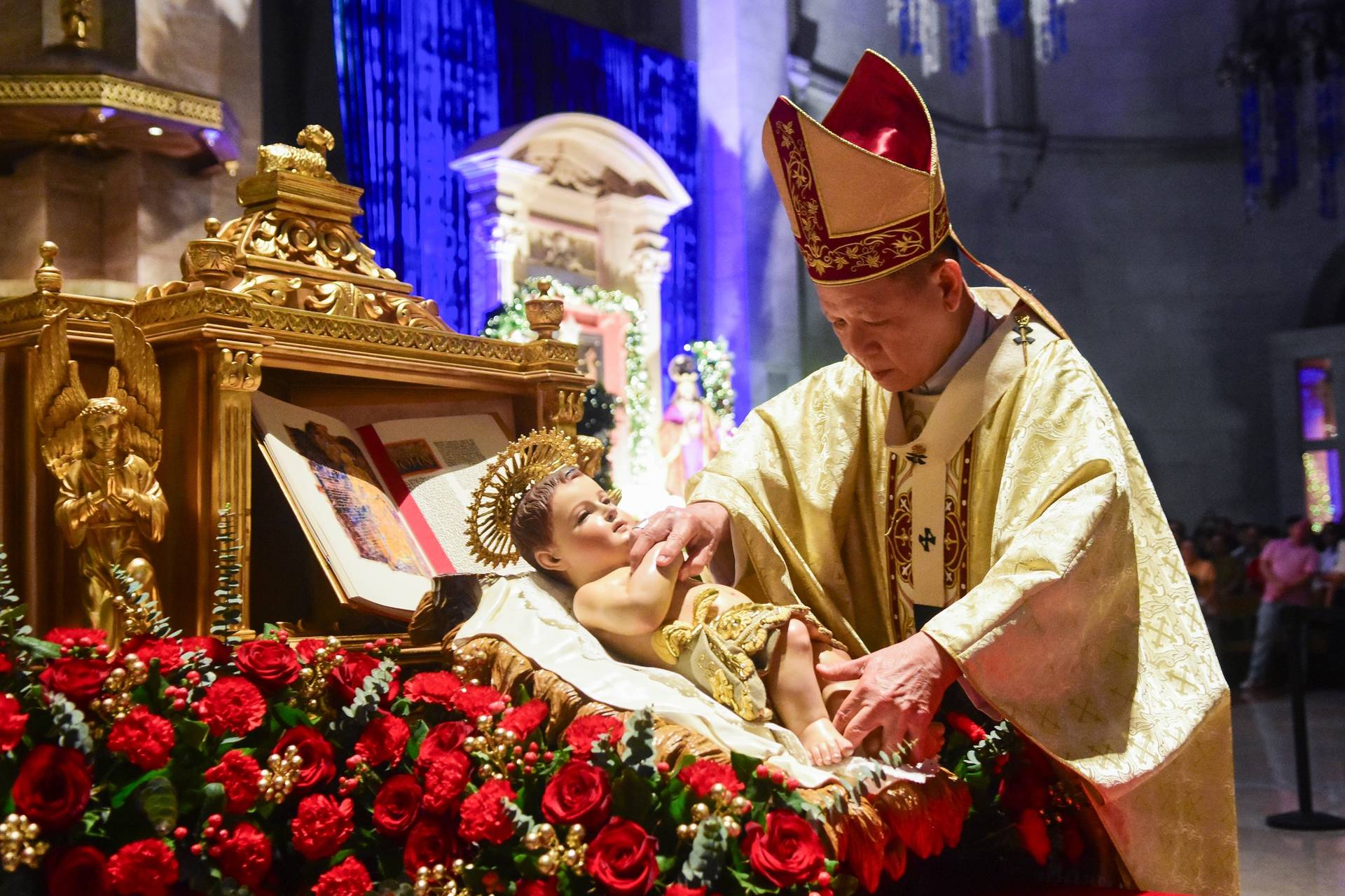MUMBAI, India – A post-COVID business world could transform human resources management, a move one Catholic academic said would “equip organizations to deal with future, unpredictable, economic and social crises.”
Dr. Caren Rodrigues, an assistant professor at St. Joseph’s Institute of Management in Bangalore, India, presented her ideas at the Economy of Francis event hosted by the Vatican last month.
The three-day event was originally scheduled to take place in March in Assisi, but the COVID-19 pandemic forced it to be postponed until Nov. 19-21, where it took place as a virtual, online conference. Around 2,000 young people from 120 different countries took part, and discussed economic models that would protect the environment as well as meet basic human needs, and promote sustainable economic endeavors.
Rodrigues participated in the researcher category.
“Researchers’ applications included details such as describing the theoretical frameworks, methodology, findings, and theoretical and practical implications of our research, and how we might potentially use this knowledge to develop solutions to the economic problems of our time. So, I was thrilled to be selected,” she told Crux.
RELATED: Pope says involve poor people in planning post-pandemic economy
The postponement of the Economy of Francis meant that the nature of the event evolved, with the extra preparation time allowing the specialists to work and exchange ideas for months.

There were 12 working groups, including: Work and care; management and gift; finance and humanity; agriculture and justice; energy and poverty; profit and vocation; policies for happiness; CO2 of inequality; business and peace; economy and women; businesses in transition; and life and lifestyle.
Rodrigues was part of the Management and Gift research sub-group, and said her colleagues were “very intelligent, hardworking, passionate and warm.”
“So, in the months before the online event, it was very enriching to interact with so many talented researchers through brainstorming meetings, on-life workshops and dialogues with experts,” she said.
Her research proposal was selected as one of the three best proposals from the Management and Gift group, and then she was chosen as one of twelve “Life Economists” to present proposals that would “help the world move forward” through the Economy of Francis.
RELATED: ‘Economy of Francis’ event to showcase papal vision for global economic shakeup
“My proposal is as follows: The COVID-19 pandemic has been the most disruptive force since the world wars for managing people in organizations, and therefore, I see in it an opportunity to transform Human Resource Management. My research examines HRM related actions of around 200 national governments, 600 large companies as well as interviews with employees and managers, in order to specify tangible changes in HRM practices that serve as a ‘gift’ to employees while creating economic value for organizations,” Rodrigues explained.
“While this will no doubt benefit employees, it will equip organizations to deal with future, unpredictable, economic and social crises. My proposal is explicitly addressed to large national and multinational organizations and international multilateral agencies, because their practices and conventions institutionalize management paradigms in organizations. I am very excited to have the Economy of Francis’s support and reach in making my research impactful, and I will continue to wholeheartedly contribute my effort and time,” she told Crux.
RELATED: Youth to be protagonists in solution-finding as COVID cripples nations
Rodrigues noted that having grown up and studied in India, she can trace much of her economic outlook to her own professors and others in the Indian management space.
“In that sense, India, with our complexity and different economic experiments, has many insights to offer,” she said.
However, she cautioned the Economy of Francis is not meant to “lecture a particular country about what to do,” and instead draws together individuals from “diverse countries, religions, and political and economic affiliations to generate new insights.”
“For example, when I collaborated with a subgroup of three other perceptive participants from the developing world, we concluded that there was international condescension towards the poor and even the educated middle class in the so-called developing countries,” Rodrigues said.
“In fact, what many disadvantaged people in any country lack, among other things, is economics education, and we suggested including economics education – emphasizing both financial and social profit – as part of the curriculum starting from secondary school level,” she added.
A follow-up meeting in Assisi is being planned for autumn 2021, with the hope that restrictions on travel and social proximity will be more relaxed, allowing participants to gather in person, rather than online.
“Now, after the online event, I am looking forward to continued collaboration with these exceptional people, as we find ways to use our existing and upcoming research to contribute to the Economy of Francis,” Rodrigues said.
















